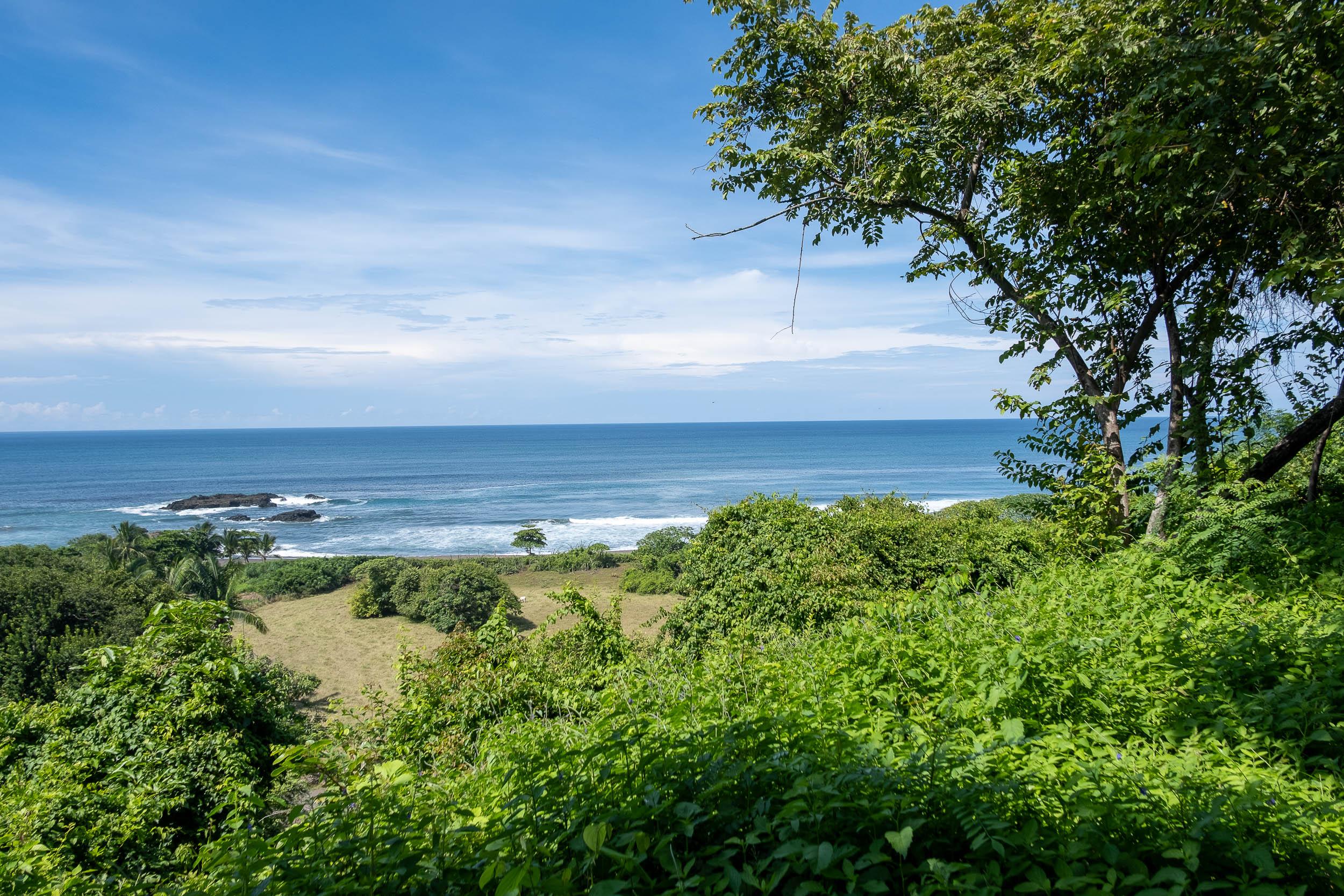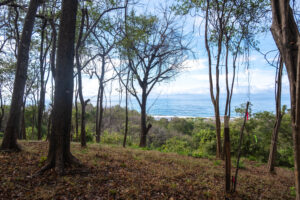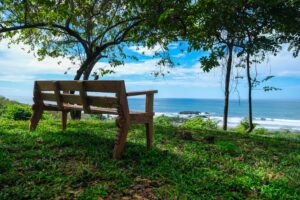If you’re in the market for a home that not only provides comfort and luxury but also minimizes its ecological footprint in Costa Rica, here are some top sustainable building features to prioritize in your search:
Passive Design Principles:
Look for properties designed with passive design principles that optimize natural light, ventilation, and thermal comfort. Features like large windows for daylighting, strategic orientation for solar gain, and natural ventilation systems enhance comfort levels while reducing the need for artificial heating and cooling.
Energy-Efficient Appliances:
Homes equipped with energy-efficient appliances, such as ENERGY STAR-rated refrigerators, washing machines, and HVAC systems, consume less energy than conventional counterparts. This leads to cost savings and reduced energy consumption. Ensure replacement parts are readily available domestically.
Sustainable Building Materials
Properties constructed with sustainable building materials prioritize environmental responsibility from the ground up. Look for homes built with locally sourced, renewable materials like bamboo, reclaimed wood, and low-VOC paints and finishes. These materials reduce the environmental impact of construction and contribute to healthier indoor air quality.
Green Spaces and Native Landscaping
Properties with ample green spaces and native landscaping enhance aesthetics and support local biodiversity and ecosystem health. Look for mature trees, native plants, and wildlife-friendly landscaping that require minimal water and maintenance.
Efficient Waste Management Systems
Choose properties with efficient waste management systems, such as recycling programs, composting facilities, and eco-friendly waste disposal methods. Effective waste management reduces landfill waste and pollution, contributing to a cleaner environment.
By prioritizing these eco-friendly features in your search for sustainable building Costa Rica properties, you can find a home that aligns with your values and contributes to preserving Costa Rica’s natural beauty for generations to come. Embrace sustainable living in paradise and make a positive impact on your lifestyle and the planet.
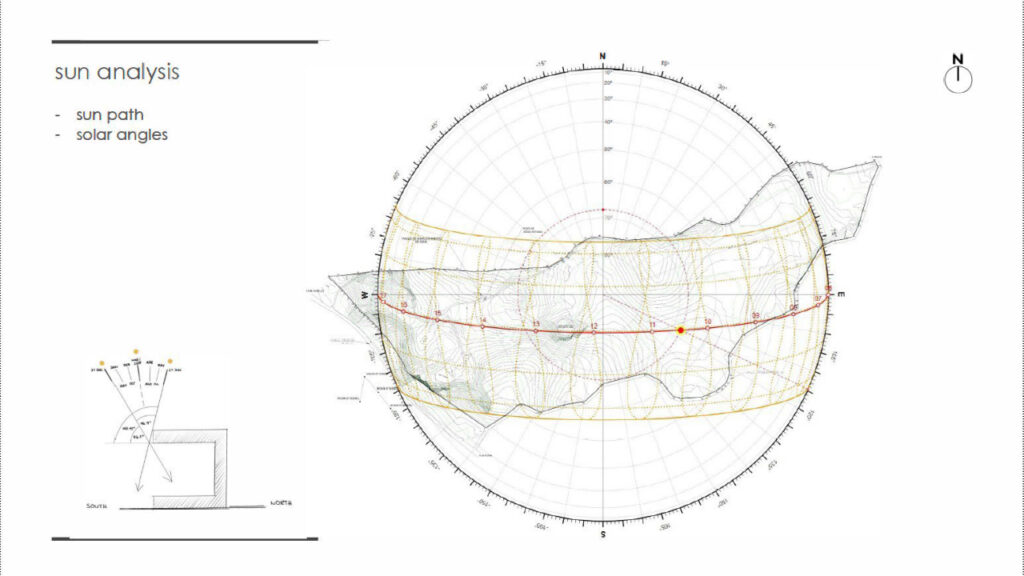
Benefits of Passive Design in Costa Rica
Passive design maximizes natural environmental conditions to maintain comfortable indoor temperatures and reduce energy consumption. In Costa Rica, this approach is advantageous due to diverse climate zones, ranging from tropical to subtropical. Utilizing passive design principles like strategic orientation, natural ventilation, shading, and thermal mass helps harness cooling breezes, minimize heat gain, and reduce reliance on artificial cooling systems. Features like wide eaves, insulated walls, and green roofs enhance energy efficiency and indoor comfort. This approach aligns with Costa Rica’s commitment to sustainability and offers long-term cost savings.

Importance of Energy-Efficient Appliances
Energy-efficient appliances are vital in Costa Rica’s environmental and economic contexts. With the country’s commitment to renewable energy and sustainability, these appliances align with national goals of reducing carbon emissions and combating climate change. Given Costa Rica’s high electricity costs, efficient appliances lower household energy bills, offering long-term savings. Promoting energy-efficient technologies enhances energy security, reduces reliance on fossil fuels, and paves the way for a sustainable future while improving energy affordability for citizens.

Building with Sustainable Materials
Using sustainable materials in Costa Rica is crucial due to its ecological significance and alignment with the country’s environmental goals. Sustainable materials like bamboo, recycled wood, locally sourced stone, and eco-friendly insulation reduce carbon and ecological footprints. They often improve indoor air quality and occupant health. Embracing sustainable building practices preserves natural resources and fosters a resilient built environment that harmonizes with the ecosystem.
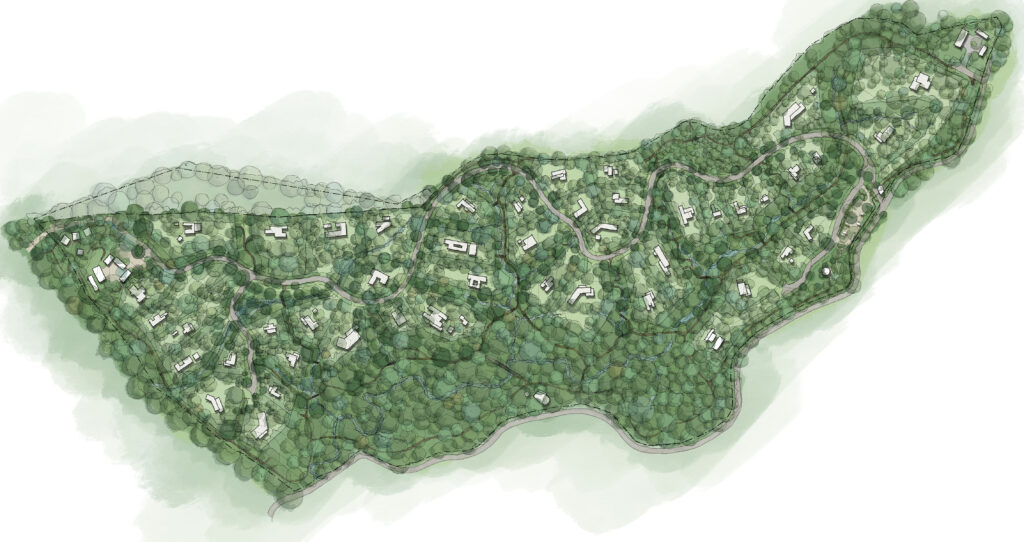
Green Spaces and Native Landscaping
Costa Rica’s commitment to conservation underscores the need for green spaces and native landscaping. Preserving and integrating native flora into urban and rural landscapes is essential for maintaining ecological balance and supporting local wildlife habitats. Green spaces act as natural buffers against pollution, mitigate urban heat island effects, and enhance air and water quality. Native landscaping promotes water conservation and fosters a connection between people and their natural surroundings. Embracing green spaces and native landscaping reinforces Costa Rica’s identity as a leader in sustainable development and biodiversity conservation.
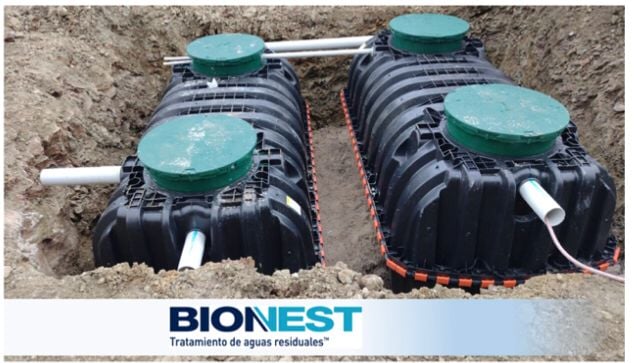
Efficient Waste Management Systems
Efficient waste management systems, like bio-nest septic systems, are crucial for construction builds in Costa Rica. Given the country’s focus on conservation and sustainability, proper waste management safeguards its pristine natural landscapes and delicate ecosystems. Bio-nest septic systems offer a sustainable alternative to traditional septic tanks by promoting natural wastewater treatment through biological processes. Implementing such systems reduces the environmental impact of construction projects and helps mitigate water pollution, protecting human health and the environment. Incorporating efficient waste management practices into construction builds furthers Costa Rica’s commitment to sustainable development and preserves its natural beauty for future generations.

